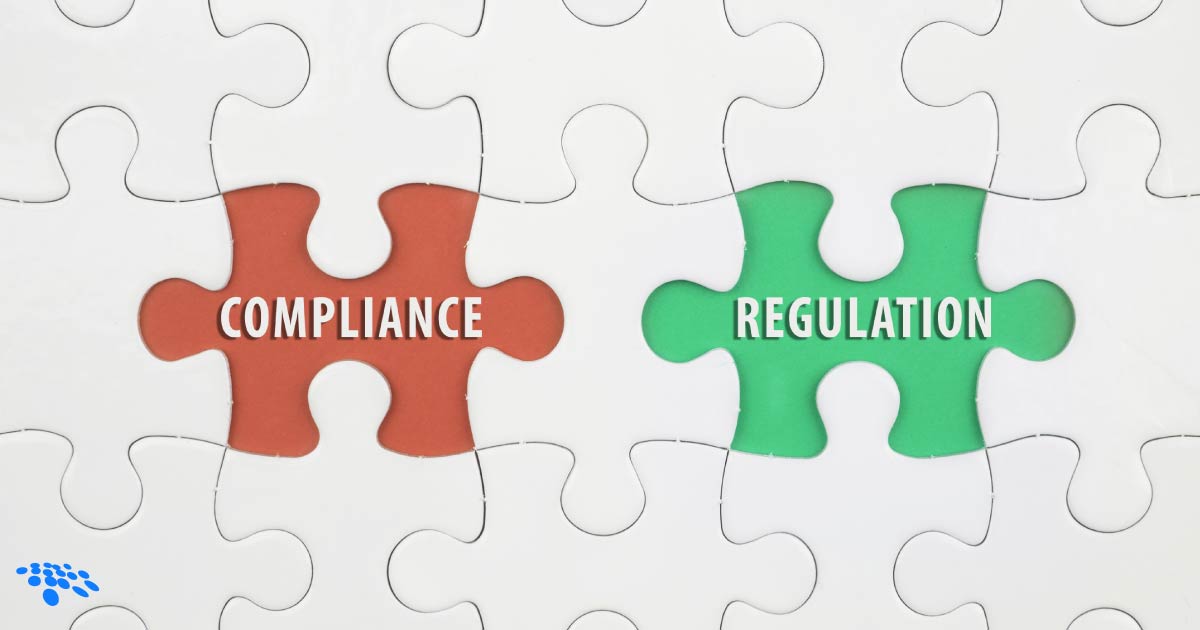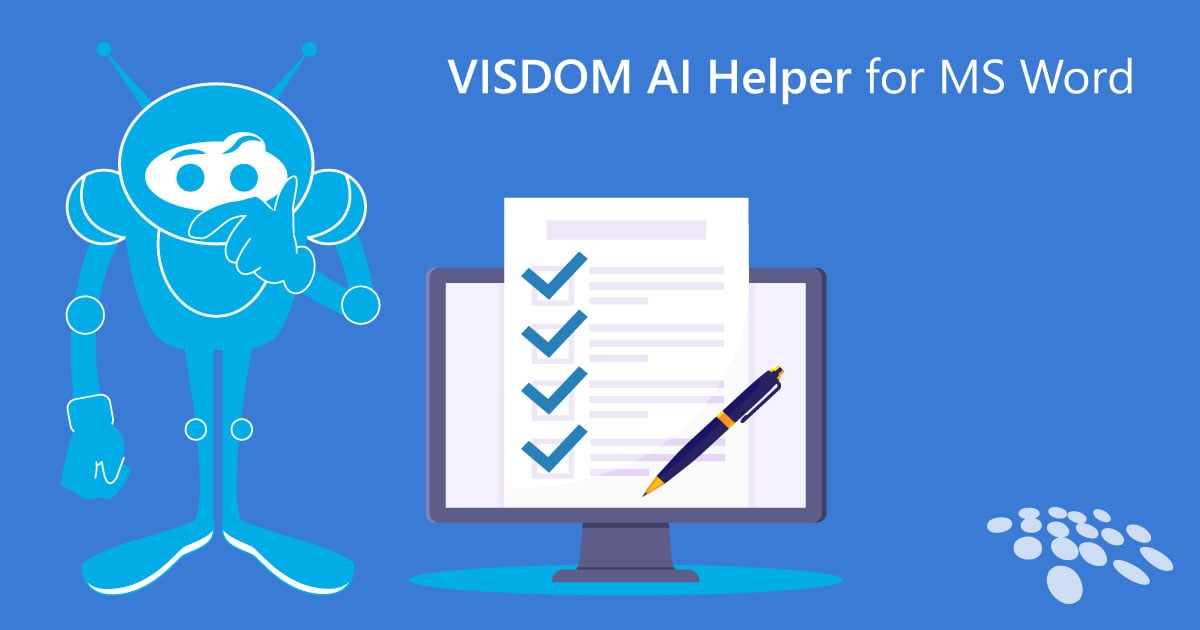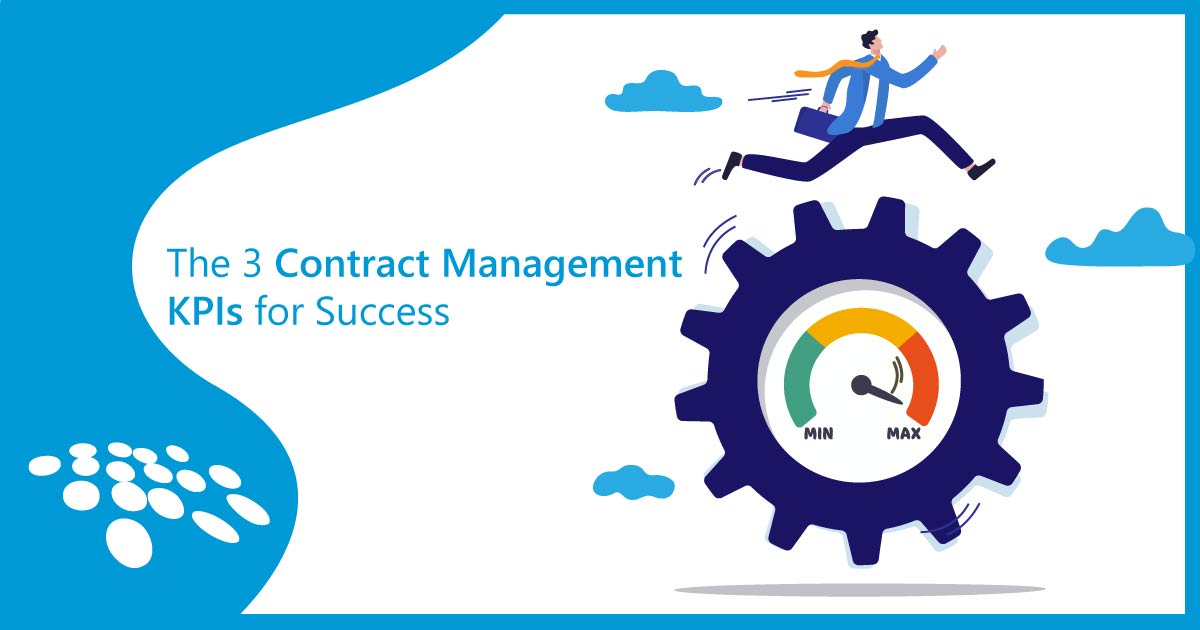
Summary: Your Quick-Reference Guide
-
What it is: The use of AI and machine learning to automate and enhance contract management.
-
Key Benefits: It reduces risk, saves time, and significantly improves accuracy by automating repetitive, manual tasks.
-
Why it matters: It transforms contract management from a slow, reactive process into a fast, proactive, and strategic advantage.
The days of searching through countless spreadsheets and email threads for a single contract are over. An AI-powered contract management solution is the modern way forward. It’s not just about organization; it’s about giving your legal and business teams a powerful, intelligent assistant.
This shift is driven by contract management machine learning. It's the difference between a simple filing system and a strategic partner.
A machine learning-driven CLM assistant can find critical information in seconds, flag potential risks, and even help with negotiations.
What is Machine Learning in Contract Management?
So, what does this technology actually do? Machine learning in contract management is the application of algorithms that "learn" from data to automate tasks and provide insights. It goes beyond simple automation by recognizing patterns and making intelligent decisions.
For example, a machine learning model is trained on thousands of contracts to understand what a "termination clause" or a "payment term" looks like. It can then automatically identify and extract this information from new documents, with the option of replacing the introduced clause with pre-approved language.
This helps eliminate the tedious manual work. It also provides a level of consistency and accuracy that is simply not possible for a human to maintain across thousands of documents.
How Does ML Compare to Traditional Methods?
Let's put this into perspective.
| Feature | Old Way (Manual) | New Way (Machine Learning) |
| Speed | Slow, hours or days per document | Instant, minutes or seconds |
| Accuracy | Prone to human error, inconsistencies | Highly accurate, consistent |
| Risk | Reactive; issues found after the fact | Proactive; risks flagged quickly |
| Scalability | Limited by team size and bandwidth | Scales to millions of documents |
Traditional contract management is a reactive process. You find problems after they happen. With machine learning, you’re equipped with an early warning system.
This fundamental shift from reactive to proactive is what turns your contracts from static liabilities into strategic assets.
What are the Key Benefits of Using ML?
The advantages of this technology are far-reaching.
-
Risk Mitigation: ML algorithms can spot non-standard or risky clauses that might be missed by a human eye. This helps you avoid legal and financial exposure.
-
Time & Cost Savings: By automating data extraction and review, ML frees up your legal and business teams to focus on high-value, strategic work instead of administrative tasks.
-
Enhanced Accuracy: Machines don't get tired. They consistently apply the same rules and logic to every document, ensuring a higher level of precision.
What Does Our Team's Experience Show?
We've worked with countless clients who were drowning in contracts. Their "aha" moment is always the same.
A client recently told us about a critical contract they had been trying to find for weeks. They spent hours sifting through old files and shared drives. We simply ran a filtered search on their digitized documents and our AI-powered tool found the key clause in under a minute.
That’s when they realized the true value. It's not just about efficiency. It's about having total control and visibility over your most important business agreements.
Choosing an AI-powered CLM solution is a strategic investment in your company’s future. It’s about building a better, more reliable, and more scalable foundation for success.
To begin this strategic journey, book a FREE demo today!
*Legal Disclaimer: This article is not legal advice. The content of this article is for general informational and educational purposes only. The information on this website may not present the most up-to-date legal information. Specific guidelines on unilateral contracts are governed by state law. Readers should contact their attorneys for legal advice regarding any particular legal matter.



























